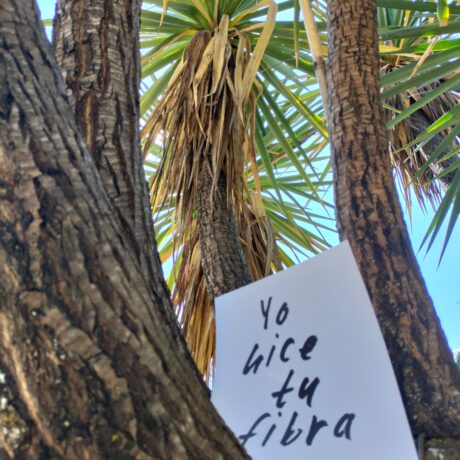Why we need to recognise ecocide
Ecocide.
Few words hold as much power as this one. Ecocide comes from the Greek oikos, which means home; and the Latin occidere, which means to kill. To kill our common home: that is the literal meaning of this mysterious word.
View this post on Instagram
Legally, ecocide is defined as the most serious crimes against the environment. To be more specific, an International panel of experts, initiated by Stop Ecocide International, defined ecocide as “unlawful or wanton acts, committed with knowledge that there is a substantial likelihood of severe and either widespread or long-term damage to the environment being caused by those acts”.
In concrete terms, what are we talking about? Recurring oil spills, the ongoing mass deforestation of the Earth’s primary forests, the emission by only 100 companies of 71% of the world’s greenhouse gas emissions between 1988 and 2015…
These ecocides are the reason for the current ecological and climate crisis. They endanger our capacity to live on this Earth. Yet, to this day, they remain unpunished. Criminal law at the international level, or in most national law, simply does not recognise the crime of ecocide, and lets the people responsible for them free of any accountability.
This is what a 50 years old movement of activists, lawyers and elected representatives from all around the world is trying to change, and the mobilisation is growing! More and more countries, or their parliaments, are supporting the recognition of the crime of ecocide. Citizens are rising to ask political leaders to act to put an end to these crimes and protect the environment and our human rights.
Today, on March 20 2022, citizens all around Europe, in Brussels, Paris, Rome, Amsterdam and Madrid, and around the world are mobilising to ask for the recognition of ecocide in the European Union and at the international level.
What does it have to do with fashion? Well, everything, because recognising ecocide will make companies from all sectors change their behaviour to better take into account the environment.
We know that the fashion industry is a massive polluter. It is the third sector that consumes the most water in the world. It emits every year 1.2 billion tonnes of greenhouse gas, about 10% of the world’s emissions. 500 000 tonnes of microplastics are thrown in the ocean each year due to the production of clothes. And as usual, what endangers the environment also endangers humans: 60 million women textile workers worldwide are exposed to hazardous and toxic chemicals, including pesticides, on a daily basis.
In Bangladesh, rivers are turning black due to the sludge and sewage produced by textile dyeing and processing factories. In Chile, 39,000 tonnes of clothing waste are being stocked in the Atacama desert.
Recognising ecocide and all environmental crimes in law will enable us to prevent these crimes before they happen. It will force companies to change their behaviour, in order not to face criminal sanctions.
Recognising ecocide also means recognising that the destruction of the Earth is one of the most serious crimes, and cannot be ignored anymore. The symbolic power of such recognition should not be underestimated.
As the European Union is currently working on revising its environmental criminal law, I will work tirelessly to include the recognition of ecocide in the text. If you want to support this fight, sign the European petition and share your support on social media with the hashtag #StopEcocideEverywhere.
Together, let’s put an end to ecocide.
Related articles
Fashion brands’ leather sourcing practices are driving deforestation
Fashion unites on a call to action for COP26
Further reading on ecocide
- What is ecocide?
- Making ecocide a crime
- Ecocide: Should killing nature be a crime?
- How a global ecocide law could hold polluters to account








